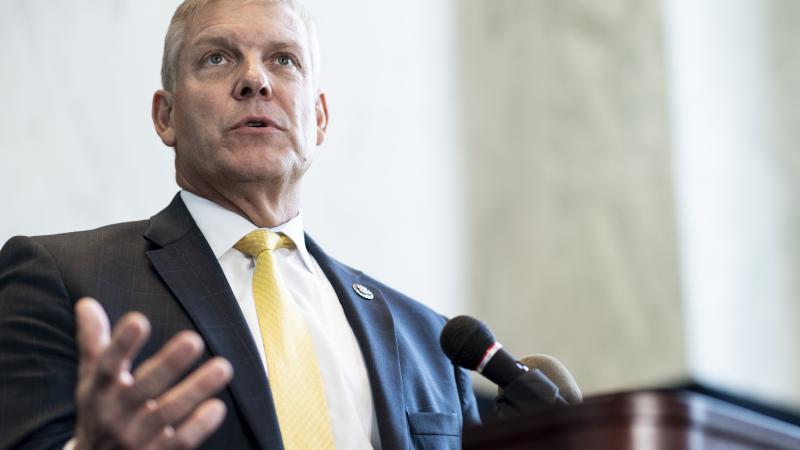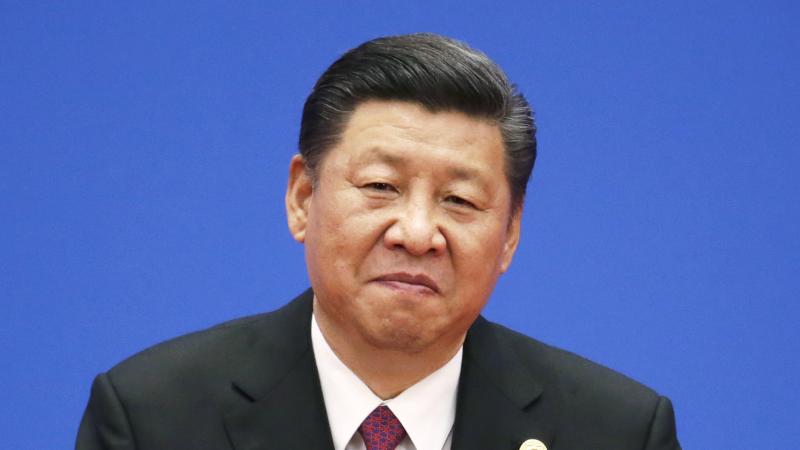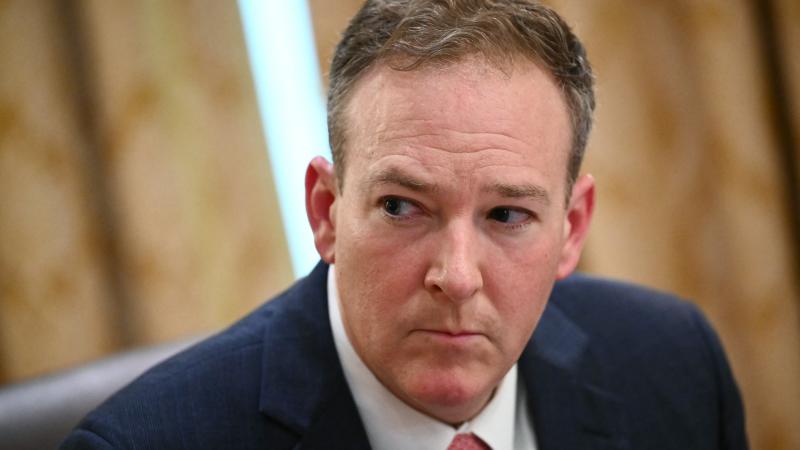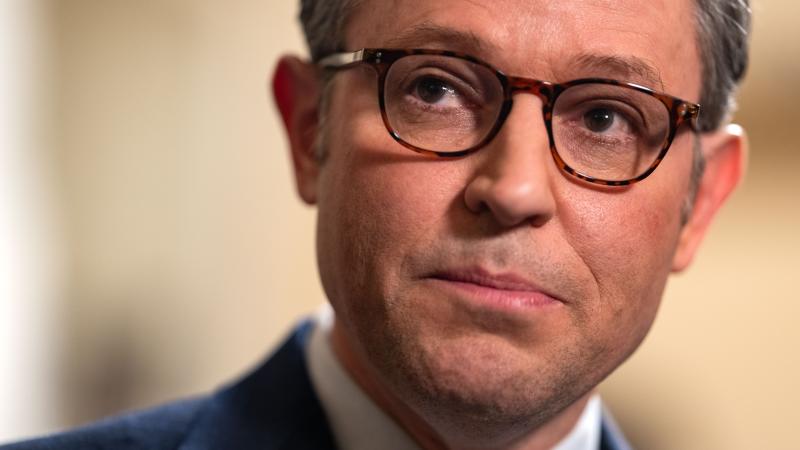Facebook cites content policy to hide Biden bombshell, as Biden campaign admits it might be true
Company cites "signals" of false information in Biden expose, but hasn't said what they are.
Facebook cited an internal policy used to preemptively censor a bombshell exposé involving Democratic vice presidential candidate Joe Biden and his son Hunter even as the Biden campaign itself appeared to concede that the information within the report may very well have been accurate.
Social media was awash in controversy on Wednesday and Thursday as both Facebook and Twitter moved to block the story, published by the New York Post, detailing emails which suggested that Hunter Biden introduced his then-vice president father to Burisma adviser Vadym Pozharskyi. The emails appeared to contradict Joe Biden's earlier denials regarding awareness of his son's business ventures.
On Wednesday afternoon, Facebook spokesman Andy Stone wrote on Twitter that Facebook was "reducing [the report's] distribution on our platform," calling it "part of our standard process to reduce the spread of misinformation," one in which Facebook "temporarily reduce[s] distribution pending fact-checker review."
Stone linked to a Facebook policy regarding election interference, one that purports to "stop abuse and election interference" on Facebook's servers. That policy lays out the circumstances in which content can be preemptively censored by the site pending a fact-check.
"In many countries, including in the US, if we have signals that a piece of content is false, we temporarily reduce its distribution pending review by a third-party fact-checker," the policy states.
Yet even as Facebook was publicly announcing its intent to preemptively censor the report, the Biden campaign indicated that the central thrust of the article — that emails appeared to indicate that Biden had had a meeting with Pozharskyi at some point during his vice presidential tenure — may have been true.
The Biden campaign "would not rule out the possibility that the former VP had some kind of informal interaction with Pozharskyi, which wouldn't appear on Biden's official schedule," Politico reported on Wednesday. The campaign claimed that any such encounter "would have been cursory."
Unclear which part of report was viewed as 'false'
Stone did not respond to direct messages via his Twitter account seeking clarification as to what parts of the Post's report Facebook believed to be "false." Facebook's press account did not respond to requests for comment. Joe Biden's campaign also did not respond to queries, including whether or not it had yet determined that Biden met with Pozharskyi at some point during his vice presidency.
The decisions by both Twitter and Facebook to censor the article were met with sustained criticism on Wednesday and Thursday, particularly after Twitter opted to censor another report on Hunter Biden's emails, which were reportedly obtained from a laptop left by Biden at a repair shop.
Twitter, which has forbidden users from posting either article, claims that the reports violate the company's policies regarding hacked information, specifically the publication of personal information within hacked materials. Screenshots of the emails within both Post articles revealed several personal email addresses.
Twitter did not answer queries from Just the News asking whether or not the Post could freely share the article on its platform if it blurred out the emails within the article itself.
The controversy reignited a longstanding debate about bias in social media firms, with conservatives — including numerous Republican politicians — demanding that such companies be subject to more congressional oversight
Particularly at issue are the exemptions that Facebook, Twitter and other social media companies enjoy under Section 230 of the Communications Decency Act. Under that rule, such companies are treated effectively as neutral hosts for public forums rather than publishers of the content that appears on them. Facebook, Twitter and others are thus shielded from liability regarding the content users post on their respective servers.
Many commentators have repeatedly claimed that conservatives are regularly censored on social media platforms — with this week's Post/Biden controversy adding more fuel to the fire— and have consequently called for social media firms to be stripped of their Section 230 protections and treated as publishers.
President Trump, who in the past has been critical of the protections invoked by social media companies, on Wednesday called for those corporations to be stripped of that legal shield. "REPEAL SECTION 230!!!" he tweeted.
Missouri Sen. Josh Hawley, meanwhile, asked the FEC on Thursday to investigate Twitter and Facebook over their decisions regarding the Biden bombshell. "Twitter and Facebook's conduct ... appears to constitute a clear violation of federal campaign-finance law," Hawley wrote in a letter to FEC acting General Counsel Lisa Stevenson. "Federal law prohibits any corporation from making a contribution to a federal candidate for office."
















